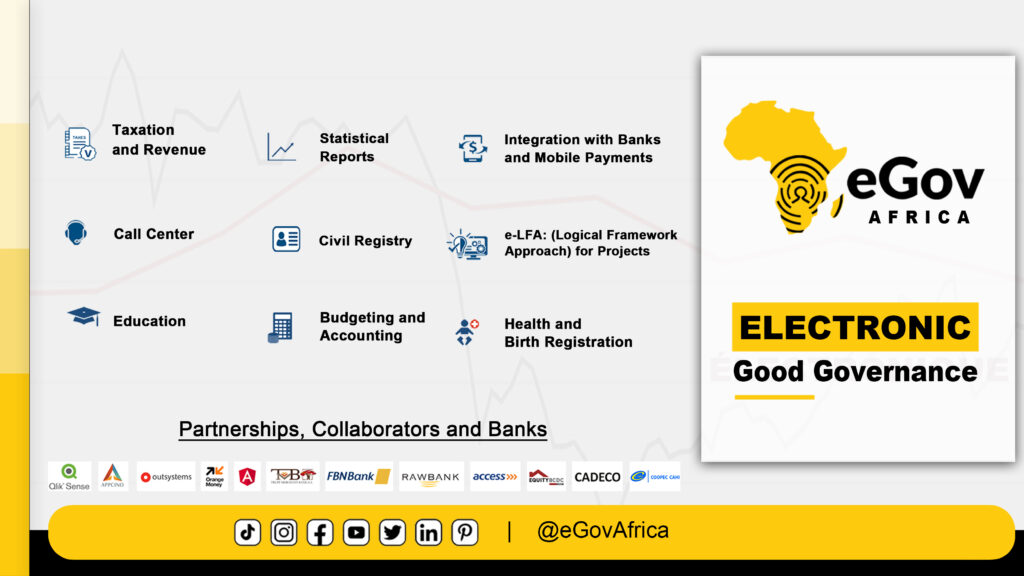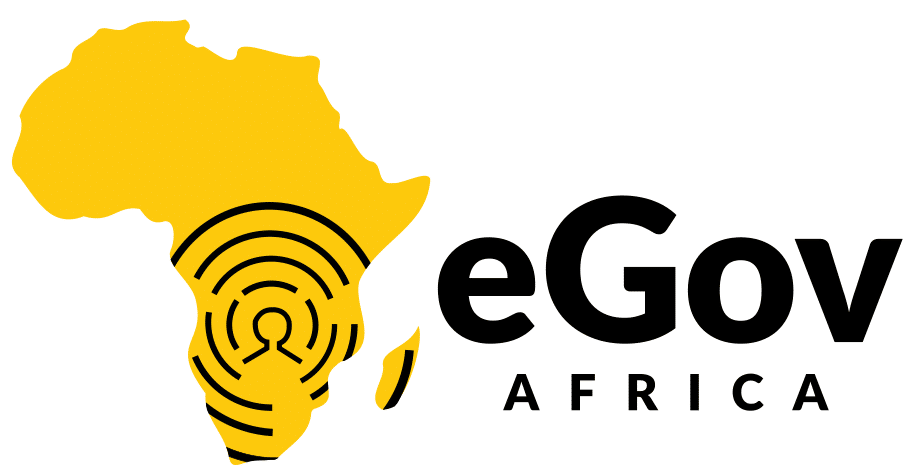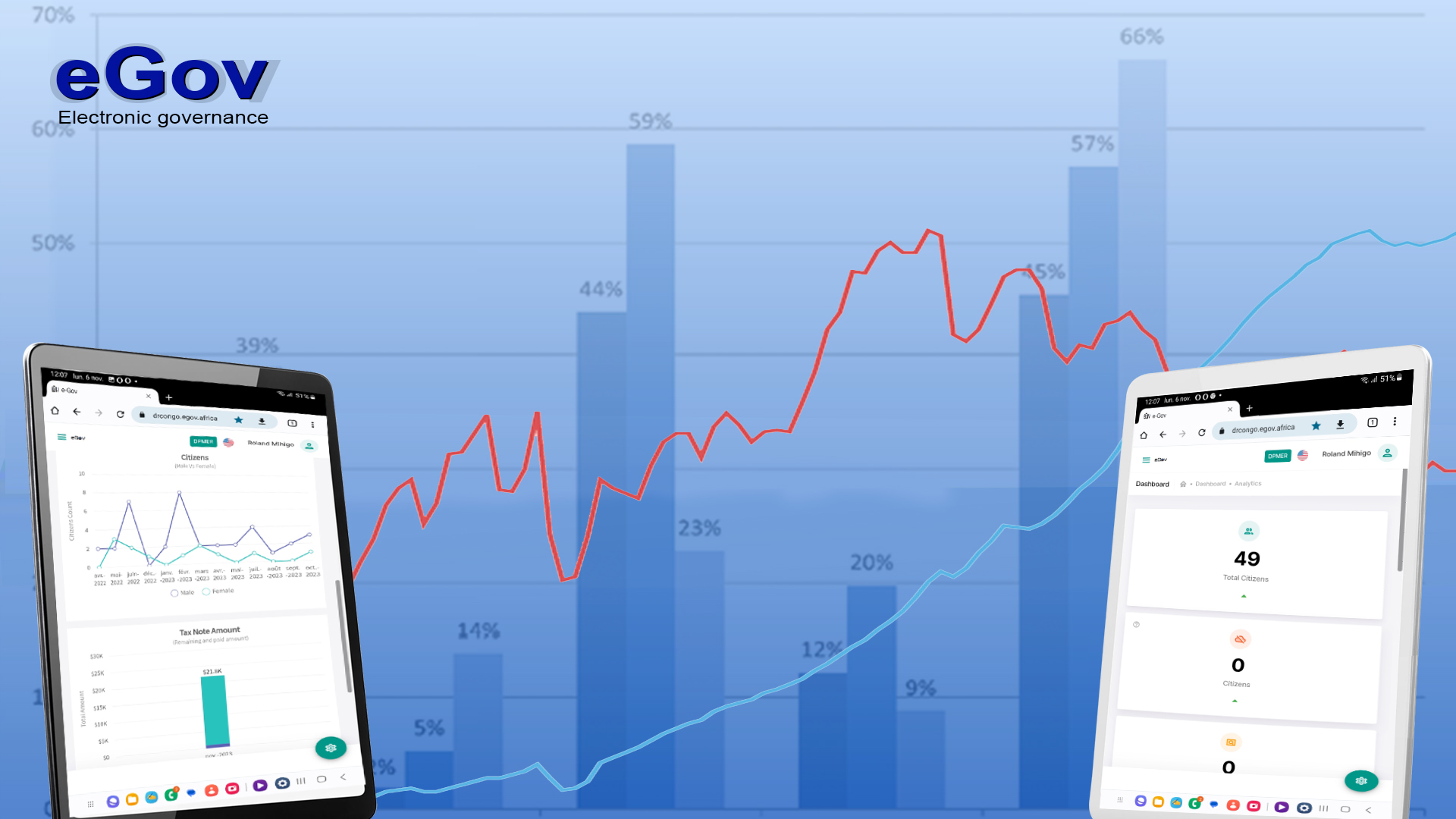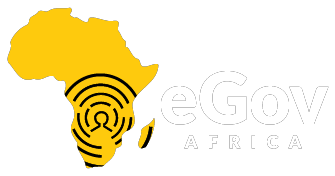In the ever-evolving landscape of governance, Africa is embracing a digital revolution through Electronic Governance (e-Gov) initiatives. This transformative approach encompasses various modules that have revolutionized administrative processes across the continent. Let’s delve into how these modules are reshaping Africa’s governance landscape:
1. Taxation and Revenue Management: Electronic governance streamlines the collection of taxes and financial transactions, ensuring a more efficient revenue generation process. Governments can now optimize tax collection, reducing revenue leakage and enabling better resource allocation for public services.
2. Statistical Reports and Data Analysis: The availability of data is vital for informed decision-making. Electronic governance provides tools for generating and analyzing statistical data, helping governments better understand their populations, track progress, and identify areas for improvement.
3. Integration with Banks and Mobile Payments: Seamless integration with banking systems and mobile payment platforms enhances financial inclusivity. Citizens can pay taxes, bills, and access public services conveniently, even in remote areas, promoting economic growth and financial stability.
4. Call Center Services: Efficient handling of customer inquiries and support services is crucial for citizen satisfaction. Electronic governance empowers governments to provide timely assistance and gather feedback, improving the overall citizen experience.
5. Civil Registry Management: Recording and managing vital records, such as births, marriages, and deaths, has become more streamlined and secure. This ensures accurate data for legal and administrative purposes, including social services and identity verification.
6. e-LFA (Logical Framework Approach) for Projects: Structuring and organizing project plans and strategies is essential for development. Electronic governance aids in defining project objectives, indicators, and means of verification, ensuring transparent and accountable project management.
7. Education Management: Managing educational data and processes digitally benefits both students and educators. E-Gov initiatives support online learning, student records management, and educational planning, contributing to improved access to quality education.
8. Budgeting and Accounting: Efficient financial planning and accounting are central to effective governance. Electronic systems enable accurate budgeting, expenditure tracking, and financial reporting, enhancing transparency and accountability.
9. Health and Birth Registration: Healthcare data management and birth registration have seen significant improvements. Digital records enable better healthcare service delivery, disease tracking, and public health planning.
10. Partnerships, Collaborators, and Banks: Effective governance often relies on collaborations and partnerships with various stakeholders. E-Gov facilitates relationship management, whether with international organizations, local collaborators, or financial institutions, to support development goals.
11. Electronic Good Governance: The implementation of electronic systems underpins good governance practices. Transparency, accountability, and citizen engagement are promoted, fostering trust between
governments and their constituents.

In conclusion, Africa’s journey in electronic governance is transforming the continent’s nations, enhancing efficiency, transparency, and accountability in public administration. With modules like taxation management, statistical analysis, and education support, electronic governance is a powerful force in driving Africa’s development agenda forward.
Thanks for any issue contact us.



